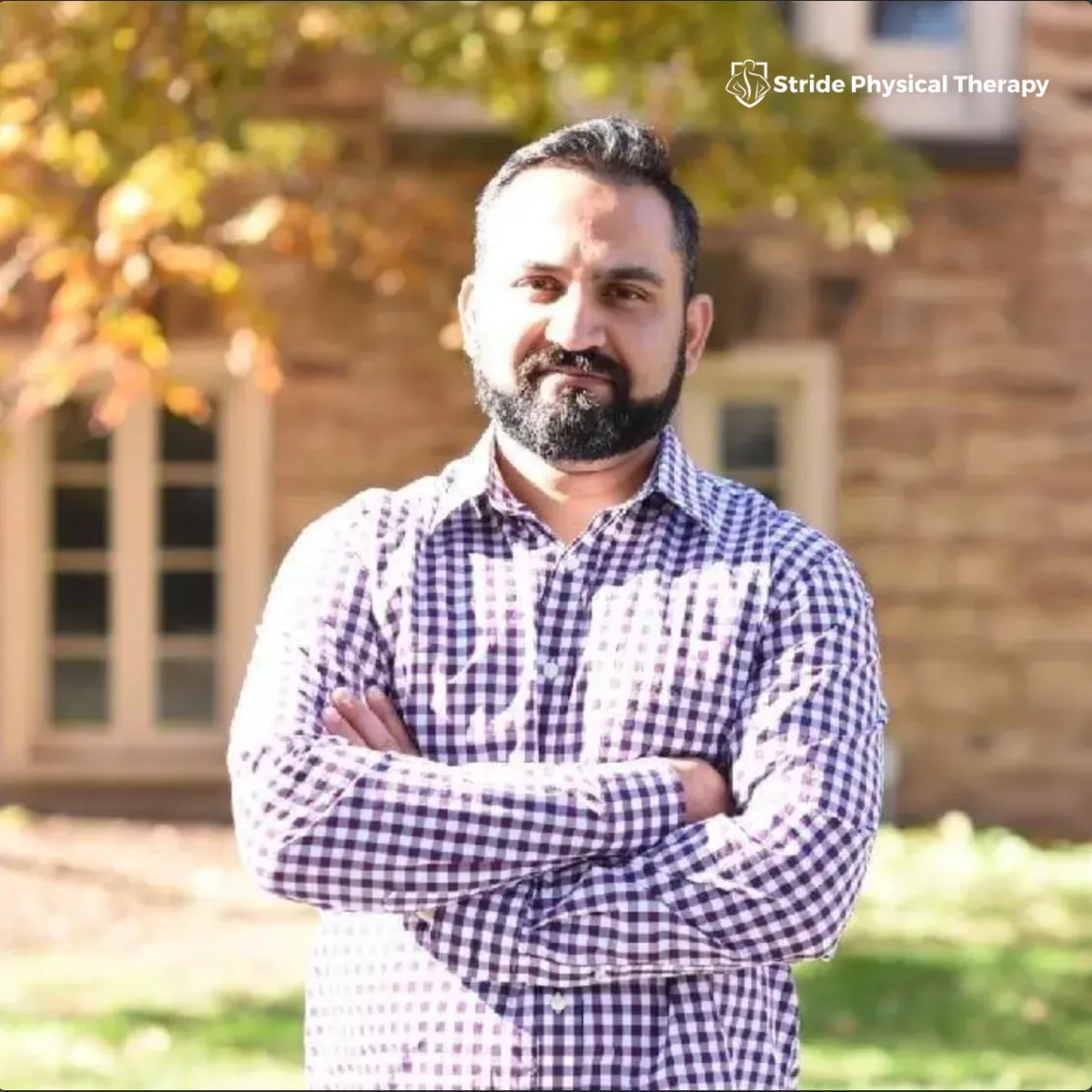Parkinson's disease makes everyday interactions challenging for those affected by this relentless condition that worsens over time. Our expert, board-certified neurologists and neurosurgeons, along with a specialized team in speech, occupational therapy, and nutrition, strive to enhance our patients' quality of life and autonomy. We are dedicated to guiding patients and their families every step of the way through their treatment journey.
Risk Factors for Parkinson’s Disease
Parkinson's disease arises from unknown origins, yet it may result from a mix of genetic aspects, like having relatives with the condition. It's more common in men and usually starts at age 60 or older. However, it can also occur before 40 in about 10% of instances.
Parkinson’s Disease Symptoms
Parkinson's disease symptoms vary from person to person; early signs might be subtle and overlooked. Initially, one might not swing their arms while walking or speak in a softer, mumbled tone. As Parkinson's progresses, since it's a disease that worsens with time, these symptoms will intensify.

Quick Links
FAQs
Signs and symptoms of Parkinson’s include:
1. Experience shakes and unintended shaking of arms, legs, and chin.
2. Feel muscle firmness and decelerated motions.
3. Notice a decrease in natural and reflexive movements.
4. Encounter balance issues and an unsteady gait.
5. Face feelings of depression and memory problems.
6. Observe alterations in speaking and writing abilities.
Parkinson's disease progresses in stages: mild, moderate, and advanced. Not everyone reaches the advanced stage. In the mild stage, symptoms are subtle and don’t interfere with daily activities, typically lasting 3-7 years. The moderate stage has noticeable effects, altering speech, making swallowing harder, increasing fall risk, and leading to small shuffling steps. In the advanced stage, treatments often don't work, and many require constant care, being confined to a bed or wheelchair.
Parkinson's disease develops through three stages: mild, moderate, and advanced, although not all patients experience the advanced phase. During the mild stage, which usually persists for 3-7 years, symptoms are minor and don't disrupt daily life. The moderate stage symptoms become more evident, affecting speech and swallowing, increasing the chance of falls, and causing small, shuffling steps. In the advanced stage, treatments tend to be ineffective and constant care may be necessary, often resulting in being bedridden or wheelchair-bound.
MEET YOUR RECOVERY TEAM

Kanwal Bhardwaj
PT, M.Sc.PT, CIMT, CMNT
Meet Kanwal Bhardwaj, PT, M.Sc.PT, CIMT, CMNT, the driving force behind Stride Physical Therapy in Freehold, NJ. With over 20 years of dedicated experience in the field, Kanwal brings a wealth of expertise and a passion for holistic healing to his practice. Kanwal's journey began with a Master of Science in Orthopedic Physical Therapy from Quinnipiac University in 2004. Over the years, he honed his skills and gained invaluable insights during 18 years of service in outpatient physical therapy offices. In 2014, fueled by a desire to deepen his understanding of patient care, he pursued a manual therapy certification (CIMT). This transformative experience allowed him to adopt a whole-body perspective, focusing on treating the root cause rather than just the symptoms...
At Stride Physical Therapy, we're dedicated to transforming lives. With a focus on the root cause of your condition, we're here to help you regain mobility and embrace an active lifestyle. What sets us apart? Our genuine passion for what we do. Let's stride towards a brighter tomorrow together.
Elevate Your Health with Our All-Inclusive Wellness Services!
Take one step closer to a pain-free life with Stride Physical Therapy! Discover medication and surgery-free solutions with our sessions.
Health Blog

Is a Herniated Disc Causing Your Back Pain?
Struggling with Persistent Back Pain? It Could Be a Herniated Disc
If you're dealing with unusual back or neck pain, or even numbness in your limbs, it could be due to a herniated disc. These issues can cause a range of confusing symptoms, but you don’t have to face them alone!
Our physical therapists at Stride Physical Therapy are here to help you understand herniated discs, their symptoms, and how we can help relieve your pain through targeted treatment.
Understanding Herniated Discs
A herniated disc, also known as a "slipped" or "ruptured" disc, occurs when a spinal disc’s outer layer weakens and allows the inner fluid to push outward. Discs act as cushions between the vertebrae, absorbing shock to keep the spine stable. But over time, wear and tear or sudden injuries can cause these discs to bulge or tear, leading to a herniation. Common causes include aging, accidents, or even heavy lifting.
Recognizing the Symptoms of a Herniated Disc
Not all herniated discs cause pain, but if they press on nearby nerves, you might experience:
Pain that increases with movement, like standing up or sitting down
Tingling or numbness in the arms or legs
Discomfort in the lower back, especially after bending or twisting
Neck pain (if the affected disc is in the cervical area)
Symptoms following an accident or physical stress, like lifting a heavy object
If you find that heat, cold, or massage brings relief, it could be a strain rather than a disc issue. For accurate diagnosis, imaging such as an X-ray is often the best approach, as it can reveal whether a disc is pressing on a nerve.
Treatment Options
Physical therapy offers effective relief and can help you regain strength and mobility without invasive measures. Our therapists will begin with a full assessment, pinpointing the exact cause of your pain to create a personalized recovery plan. Your treatment may include:
Manual therapy to relieve muscle tension
Ice and heat therapies for pain management
Traction to gently relieve pressure on spinal discs
Advanced techniques like Class IV laser therapy or TENS for targeted relief
Education on posture and safe lifting to prevent future injuries
Our goal is to help you heal naturally, minimizing the need for medications or surgery. Physical therapy is a holistic approach designed to reduce pain, improve function, and support your body’s healing process.
Ready to Feel Better?
A herniated disc can be painful, but recovery is within reach. Many people find lasting relief through physical therapy, even avoiding surgery. We’re here to strengthen your back or neck, support your recovery, and help you avoid future injury.
Get in touch with Stride Physical Therapy today to learn how we can help relieve your back pain and get you back to doing the things you love.


